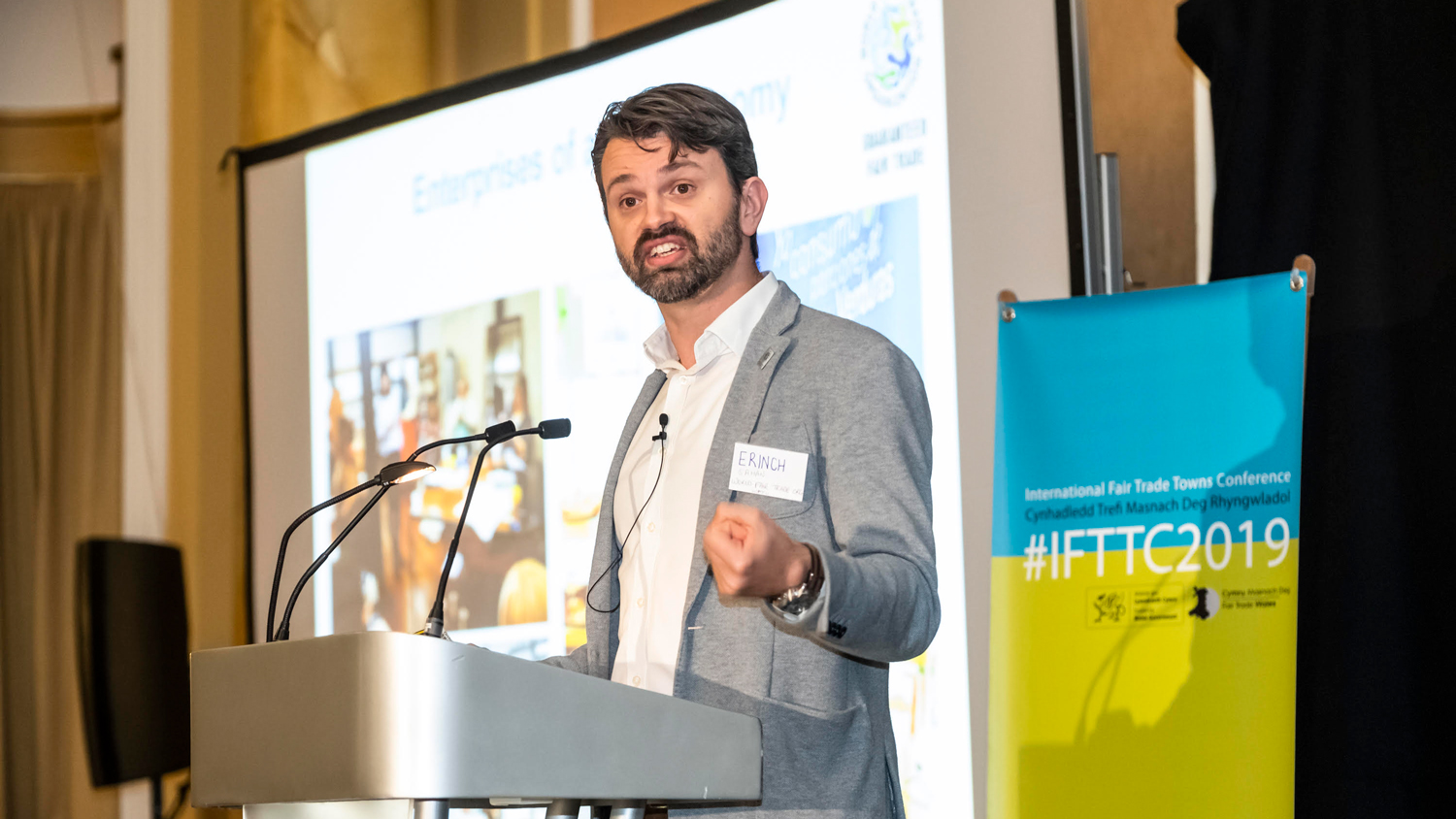Peep Pitk is the development director at the wood chemistry company Fibenol. His goal is to transition materials and the chemical industry from fossil-based to bio-based resources through wood fractionation.
Peep Pitk studied chemical and environmental technology at TalTech when the world’s growing awareness of climate issues reached him consciously. During his second year at university, he met Professor Raivo Vilu, who introduced Peep to the treatment of bio-waste through anaerobic digestion technology, or in simpler terms, how to make something useful out of waste. “I dipped my toe in, and today that small step has turned into a lifelong learning journey and hobby, exploring how to make sensible decisions in the context of sustainability,” he said, emphasizing the importance of making informed decisions for oneself, others, and the entire planet.
As a result of his initial interest in biomaterials, something unexpected happened to Peep. “I earned a PhD in bio-waste management, and the valorization of bio-waste, or biomass, has been part of my daily life ever since. I have developed a comprehensive understanding of how the cycles of carbon, nitrogen, phosphorus, and other substances operate on a global scale, how each bioprocess affects others, and what constitute reasonable circular bioeconomy principles,” he explained, highlighting what inspires and motivates him in the development and production of sustainable biomaterials.
Today, Peep is fully immersed in the field of sustainability and is deeply committed to the cause. His great ambition is to make Fibenol’s first industrial plant a true global model of sustainable production, inspiring and motivating future generations.
Biomaterials Have the Potential to Transform Today’s Industries and Supply Chains
The adoption of biomaterials offers an opportunity to transform outdated industrial models and supply chains into transparent, sustainable, and environmentally friendly systems. In the production and marketing of biomaterials, calculating and communicating the environmental footprint is a standard process that producers want to offer and that the market actually demands. “Today, such open communication is not yet required by regulations in many industrial sectors, allowing each market player to act independently. The growth and development of the bio-industry could be a catalyst for change, making transparency in both production and supply chains the norm for everyone and guiding them towards more sustainable choices,” said Peep.
I inquire whether the COVID-19 pandemic might have played a role in encouraging global systems to operate more transparently and sustainably. Peep responds, “Globally, one of the main issues today remains the regulations, which do not strongly enough direct (read: force) the implementation of changes. During the COVID-19 period, a lot of optimizations and rapid transitions in process optimization were made, including in the industry, because the situation necessitated it. A similar mindset should and must be applied today, where climate targets are set, but the implementation and action plans are not progressing within the planned timelines.”
Lignin: A Versatile Biomaterial with Boundless Potential
According to Peep, it’s crucial to understand that in terms of improving environmental health and climate objectives, wood is part of the solution. “Wood-based biomass cannot and should not replace all fossil-based industrial models. Wood-based materials should be used where their benefits are greatest and most reasonable, considering that it is a limited resource and its management should be based on the principle of sustainability,” he said, and continued:
“The use of wood-based materials is primarily sensible, for example, in long-term applications or by extending local value chains, thereby avoiding imports from distant countries. Wood is a valuable material, and its processing should be approached with the principle of maximizing its use. For example, Fibenol can process nearly 90 percent of the wood input into biomaterials.”
In the realm of wood processing, one magical term is lignin. Lignin (a biopolymer with a variable structure that forms a large part of the cell walls of plant material) is, in Peep’s estimation, a universal biomaterial that theoretically can be used for anything fossil chemistry can achieve. “However, the main direction of use should be either in local applications, such as biodegradable bags made from locally produced lignin, or in long-term applications, such as replacing bitumen in asphalt mixtures or substituting phenolic resins in construction materials,” he explained, adding that in long-term applications, the carbon sequestered in lignin remains locked up for an extended period, amplifying its positive environmental impact.
The Role of Biomaterials in Sustainable Development is Transparency
One of the most important aspects emphasized by Fibenol, according to Peep, is the transparent footprint of their produced biomaterials and its communication. This transparency enables new or existing production chains based on biomaterials to become more transparent. “This makes consumers more aware of sustainable issues, and as a result, industries become interested in implementing solutions that consumers expect from them.”
Unpopular Opinion: Economics is Based on False Foundations
According to Peep, the concept of sustainability does not align with the fundamental principles of today’s economy, which essentially rewards those who accumulate the most possessions. Even fast and abundant consumption, such as fast fashion, does not fit within the framework of sustainability. “We have become accustomed to a systemic change of consuming more but low-quality products at ‘cheap’ prices, based on an extracted doping, namely crude oil, without taking into account external factors. Implementing systemic change to consume less but higher quality is a very challenging task. However, it is the only way to bring about true change in the global model of overconsumption.”









